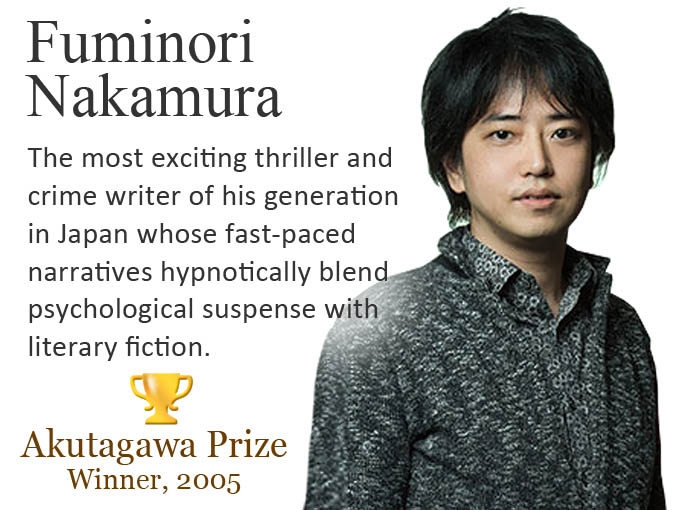He successfully mentored many including: the polymath Santo Kyoden (1761-1816), the highly regarded Utamaro Kitagawa (1753-1806) and the somewhat mysterious Sharaku Toshusai who was only active for a 10-month period during which he created many iconic prints that helped define the genre, and are now familiar images worldwide.
Tsutaya is probably most famous for turning Kusazoshi books (genres of popular woodblock-printed illustrated literature) and ukiyo-e into fashionable, must-have items. And has been described as one of the most important Edo Period trendsetters. He also published and distributed the Yoshiwara saiken, an extremely popular guidebook to the Yoshiwara licensed “pleasure district”.
Tsutaya, currently one of Japan’s trendiest retailers and bookshops, founded by Muneaki Musada, takes its name from a business owned by its founder’s grandfather, which was called Tsutaya in homage of the trendsetting risk-taking Juzaburo Tsutaya.
According to the company’s website: “Though many years fall between our times and the Edo Period” Culture Convenience Club (the name of the corporate owner of the bookstore chain) has the stated goal to “become the premiere Planning Company for Information Distribution” emulating “the achievements of Juzaburo Tsutaya”.
This is a hard act to emulate as the historical Tsutaya had the rare combination of having a brilliant knack for promotion as well as being able to manage highly creative talent.
Jippensha Ikku (1765-1831), the bestselling author and illustrator of titles such as the comic novel Shank’s Mare, which follows two amiable scoundrels on a madcap trip along the Tokaido highway leading from Tokyo to Kyoto, is another example of a highly creative individual who formed part of the Tsutaya talent pool.
Ikku, who was born in Shizoka, lived with Tsutaya as a young man and acknowledged that this experience and the diverse range of people he met at Tsutaya’s house helped him develop his stories and become probably the most successful author of his generation. He was reportedly the first person in Japan to be able to support himself on literary earnings alone.
The modern-day Tsutaya opened its first shop in 1983 in Osaka and the “Planning Company” now runs Japan’s largest bookstore and movie, music and game-rental chain. Its founder has become one of Japan’s richest men; something that would probably delight his grandfather who admired Juzaburo Tsutaya so much.
© Red Circle Authors Limited

